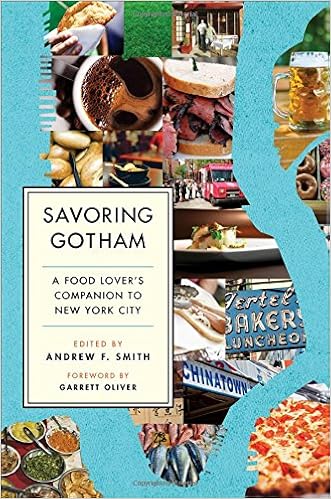House Appropriations Bill Affects 2015 Dietary Guidelines
The bill just passed by the House contains this language:
SEC. 734. None of the funds made available by this or any other Act may be used to release or implement the final version of the eighth edition of the Dietary Guidelines for Americans, revised pursuant to section 301 of the National Nutrition Monitoring and Related Research Act of 1990 (7 U.S.C. 5341), unless the Secretary of Agriculture and the Secretary of Health and Human Services ensure that each revision to any nutritional or dietary information or guideline contained in the 2010 edition of the Dietary Guidelines for Americans and each new nutritional or dietary information or guideline to be included in the eighth edition of the Dietary Guidelines for Americans.
(1) is based on significant scientific agreement; and
(2) is limited in scope to nutritional and dietary information.
SEC. 735.
(a) Not later than 30 days after the date of the enactment of this Act, the Secretary of Agriculture shall engage the National Academy of Medicine to conduct a comprehensive study of the entire process used to establish the Advisory Committee for the Dietary Guidelines for Americans and the subsequent development of the Dietary Guidelines for Americans, most recently revised pursuant to section 301 of the National Nutrition Monitoring and Related Research Act of 1990 (7 U.S.C. 5341). The panel of the National Academy of Medicine selected to conduct the study shall include a balanced representation of individuals with broad experiences and viewpoints regarding nutritional and dietary information.
(b) The study required by subsection (a) shall include the following:
(1) An analysis of each of the following:
(A) How the Dietary Guidelines for Americans can better prevent chronic disease, ensure nutritional sufficiency for all Americans, and accommodate a range of individual factors, including age, gender, and metabolic health.
(B) How the advisory committee selection process can be improved to provide more transparency, eliminate bias, and include committee members with a range of viewpoints.
(C) How the Nutrition Evidence Library is compiled and utilized, including whether Nutrition Evidence Library reviews and other systematic reviews and data analysis are conducted according to rigorous and objective scientific standards.
(D) How systematic reviews are conducted on longstanding Dietary Guidelines for Americans recommendations, including whether scientific studies are included from scientists with a range of viewpoints.
(2) Recommendations to improve the process used to establish the Dietary Guidelines for Americans and to ensure the Dietary Guidelines for Americans reflect balanced sound science.
(c) There is hereby appropriated $1,000,000 to conduct the study required by subsection (a).
Comment: I continue to be astonished that the House of Representatives would take such an intense interest in the science of nutrition when it is so uninterested in the science of climate change. And I am puzzled as to why the House thinks that nutrition scientists appointed by the Academy of Medicine (formerly Institute of Medicine) would have views any different from those of the current Dietary Guidelines Advisory Committee.
Will the USDA and HHS release the 2015 Dietary Guidelines before the Senate passes its version of the Appropriations bill?
I’m in Geneva this week and am hoping they wait until I get back.


